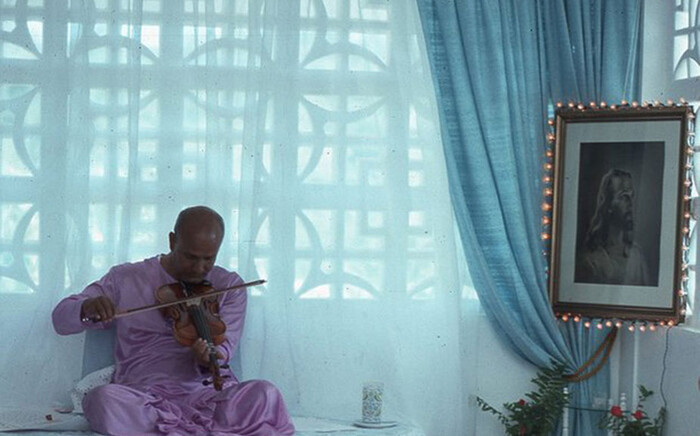I remember as a kid when we got a new refrigerator.
It was big and boxy and very 70s cool. It had a little strip of plastic ‘mahogany’ beside the handle. It had two brand names in silver metallic relief - ‘Kelvinator’, like some absurd Arnold Schwarzenegger character dedicated to making the world cold; and ‘Leonard’. This latter seemed an odd name for a fridge, like calling an oven ‘George’ or a washing machine ‘Boris’.
On top of the new fridge sat three casserole dishes of decreasing size with a 70s-cool orange floral pattern on the side. Sometimes they rattled in time with Leonard’s subtle vibration. For a while there was half a coconut shell there as well with a tiny date palm growing in it that I grew from a date stone, but unfortunately it died before it amounted to much.
The other thing that always sat on top of the fridge was a stack of library books.
My father was a ‘meteorological observer’. He worked, as a civilian, for the Royal New Zealand Airforce. He forecast the weather for all flights out of Wigram Airbase and also lectured the flight trainees on the principles of meteorology and its application to flight. He had himself been in the airforce during the Second World War so had an appreciation for the requirements of military flying.
An airforce base is a small, enclosed world of its own. Each day Dad would roar off to work on his Norton and pass through the guard post into that world where he was addressed as ‘Sir’ and could take a cold beer in the Officers’ Mess.
The base had many facilities, including a library, and each week or so Dad would bring home a stack of library books from the Wigram library for Mum. It is, I think, a sign of great love and intimacy to be able to choose library books for someone else, and generally Mum seemed to enjoy his choices. Occasionally he would bring a book for me. I remember a ‘Lady-Bird’ book about Alexander the Great - a picture on one page and text on the facing page. In later years I sometimes read Mum’s books as well. Once when I was 13 years old she recommended to me a book that Dad had brought home for her. I have always been suspicious of books recommended to me. The more people tell me I will like a book , the less I feel inclined to actually read it. This time however I followed her advice.
There are all sorts of things that influence one in the course of one’s life - people, circumstances, experiences, places, events. They conspire to form you into the person you become. People write books aiming to set the world on fire and influence people’s thinking, and I am sure that some succeed. I suspect, however, that books have less influence on people than we might think. But once in a while someone may pick up a book that does have a profound influence on them - a book which actually helps shape their view of the world, how they approach the world and ultimately how they live their life. That day when I picked an airforce library book off the top of the fridge I had no idea that I was picking up just such a dangerous object.
The main characters in that novel were 13-year-olds and thus it is often classified as young adult’s fiction. Over the years I have read every other book the author has written - ‘grown-up’ tomes on geo-politics, sociology, mythology, psychology, spirituality - and found that all of it I had already absorbed in that first ‘young adult’s book’ that my mum had enjoyed reading and passed on to me.
 The book was called A Story Like the Wind and its author was Sir Laurens van der Post. It was an adventure story of a young boy in the African bush. So far so unexceptional. What made it so influential for me was not the appeal of the story or the characters but the profound love and respect that I later came to recognise as features of all Sir Laurens’ writings.
Firstly a profound love and respect for the land of Africa itself, for nature in all its manifestations. Here was a man who not only honoured the beauty and power of the natural world but saw in it a deep level of meaning and significance for all.
Then one was struck by the love and respect he had for the indigenous peoples of the continent and their ancient understandings of life. What person who has read any of Sir Laurens’ books has not come away infected with his deep-seated love of the Bushmen people? In book after book he wove a magical picture of the ancient, natural wisdom of this most original of men. The characters of Xhabbbo and Nuin-Tara in A Story Like the Wind, and its sequel A Far Off Place, were my introduction to all that was magical and best about this despised race.
Other characters in the book - such as ‘Bamuthi, the wise Matabele herdsman, the great prophet uLangalibalela - became heroes in my own mind: people who represented all that was attuned to the currents of nature and tradition and the ways of the spirit.
The book was called A Story Like the Wind and its author was Sir Laurens van der Post. It was an adventure story of a young boy in the African bush. So far so unexceptional. What made it so influential for me was not the appeal of the story or the characters but the profound love and respect that I later came to recognise as features of all Sir Laurens’ writings.
Firstly a profound love and respect for the land of Africa itself, for nature in all its manifestations. Here was a man who not only honoured the beauty and power of the natural world but saw in it a deep level of meaning and significance for all.
Then one was struck by the love and respect he had for the indigenous peoples of the continent and their ancient understandings of life. What person who has read any of Sir Laurens’ books has not come away infected with his deep-seated love of the Bushmen people? In book after book he wove a magical picture of the ancient, natural wisdom of this most original of men. The characters of Xhabbbo and Nuin-Tara in A Story Like the Wind, and its sequel A Far Off Place, were my introduction to all that was magical and best about this despised race.
Other characters in the book - such as ‘Bamuthi, the wise Matabele herdsman, the great prophet uLangalibalela - became heroes in my own mind: people who represented all that was attuned to the currents of nature and tradition and the ways of the spirit.
 And ultimately the ways of the human spirit at its deepest and best was what all Sir Laurens’ books dealt with.
He was an author who pondered and saw meaning in the simple, the lowly, the humble things of the world. He saw a profoundly spiritual dimension to all aspects of life. He was a man who, as Shakespeare put it, Finds tongues in trees, books in the running brooks, sermons in stones and good in every thing.
Over the years I read everything he had written. Many of his books I have read many times over. Still I regularly pull a dog-eared paperback off the shelf and enter again the world of Sir Laurens van der Post.
The Seed and the Sower I have read the most often. After years I am still not sure what it is about, but I know it is a gateway to the heart.
And ultimately the ways of the human spirit at its deepest and best was what all Sir Laurens’ books dealt with.
He was an author who pondered and saw meaning in the simple, the lowly, the humble things of the world. He saw a profoundly spiritual dimension to all aspects of life. He was a man who, as Shakespeare put it, Finds tongues in trees, books in the running brooks, sermons in stones and good in every thing.
Over the years I read everything he had written. Many of his books I have read many times over. Still I regularly pull a dog-eared paperback off the shelf and enter again the world of Sir Laurens van der Post.
The Seed and the Sower I have read the most often. After years I am still not sure what it is about, but I know it is a gateway to the heart.
Yes, the great grey calm of Christmas was breaking fast. In the south-west against the pale yellow sky the clouds, ragged and torn, were coming racing towards us. The elements were loose and wild with movement and how good it was to know them once more on the move. I stood there with a heart full of welcome for the storm and it was as if Celliers had come again from all those many places in which he had been born, lived, died, been buried and enshrined, to stand behind me renewed and reintegrated, saying clearly in my ear: ‘Wind and spirit, earth and being, rain and doing, lightning and awareness imperative, thunder and the word, seed and sower, all are one: and it is necessary only for man to ask for his seed to be chosen and to pray for the sower within to sow it through the deed and act of himself, and then the harvest for all will be golden and great.’
 (The book was filmed as Merry Christmas Mr Lawrence. To be fair, the film did bear some very slight resemblance to the book)
(The book was filmed as Merry Christmas Mr Lawrence. To be fair, the film did bear some very slight resemblance to the book)
I still have the newspaper clipping from the Otago Daily Times with news of Sir Laurens’ death in 1996. ‘The wise old man of Africa’ it calls him. It tells of his life as a soldier and explorer; of the years he spent in a Japanese prisoner-of war camp; of his relationship with Prince Charles to whom he was treasured mentor and godfather to his son, Prince William; his opposition to Apartheid in his native South Africa; his championing of the cause of the wilderness in Africa and around the world.
And it told of his books and the profound influence they had had on many people. “In his later years, his energies undiminished by age, he continued to write. He always found the time to respond, unfailingly, to people, strangers as well as friends”.
I could imagine many people would have written to him - touched and inspired and influenced by his writings . . . just as I have been myself.

*****************************************************
Links:
• The quote from Shakespeare is from
As You Like It Act II scene 1.
• Find out a little bit more about
Sir Laurens van der Post.
•
Merry Christmas Mr Lawrence was filmed in New Zealand. One of the best things about the film was the
soundtrack. Years later I was very delighted to exhibit at the
Artemis Gallery with Stephen McCurdy, one of the composers of that splendid music.
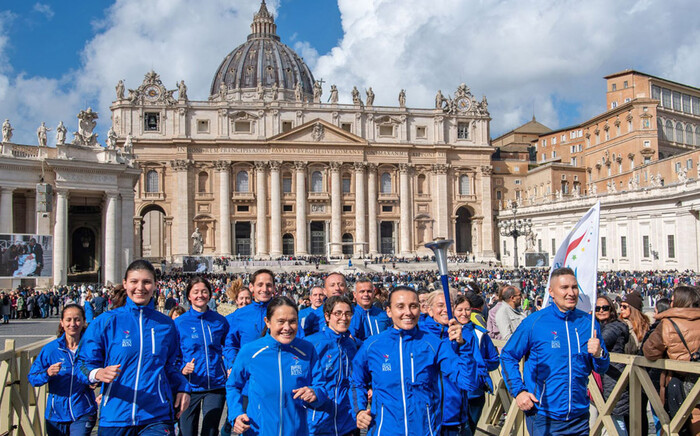
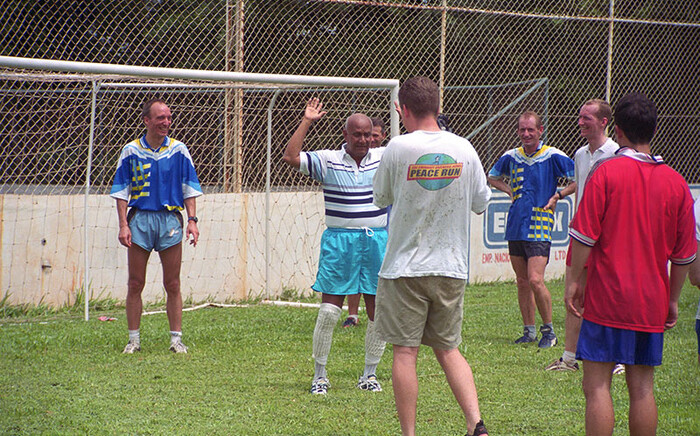
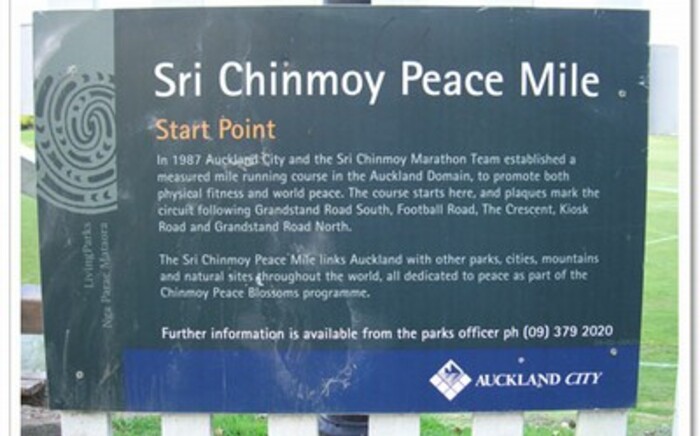
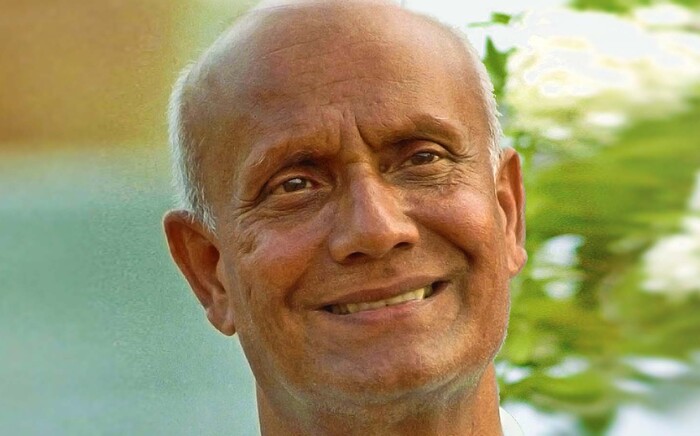

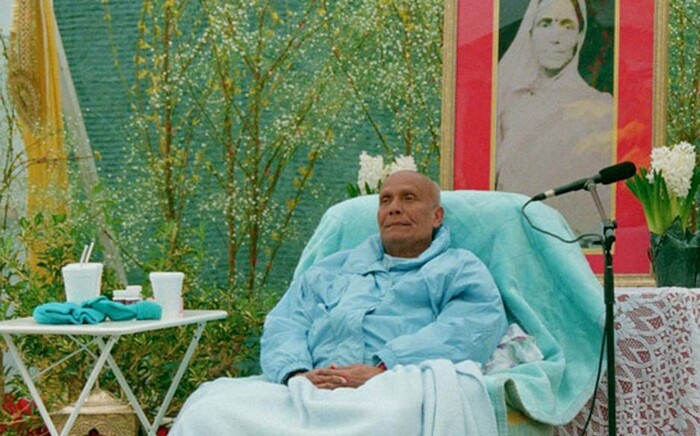
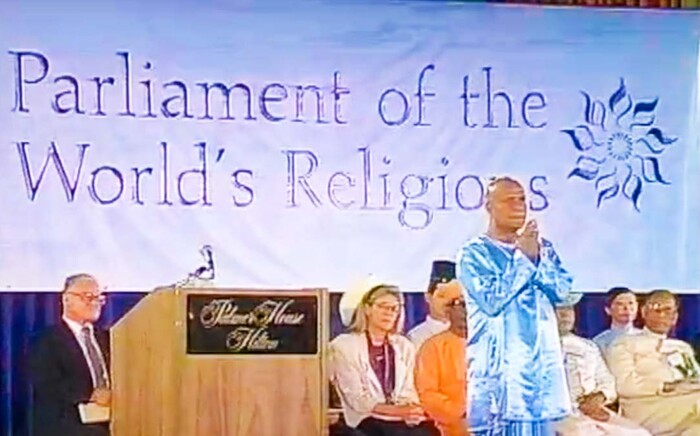


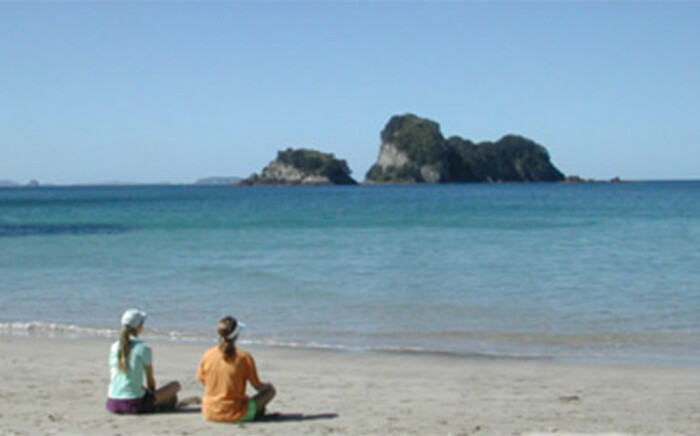
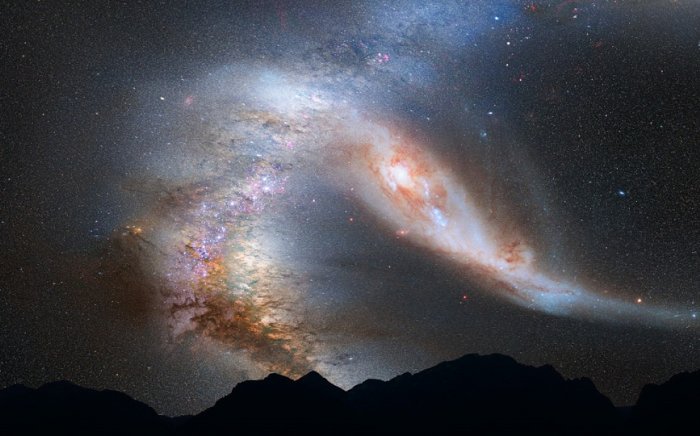
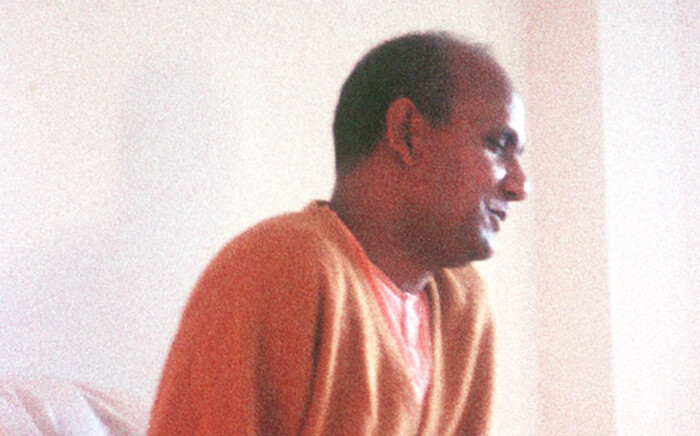
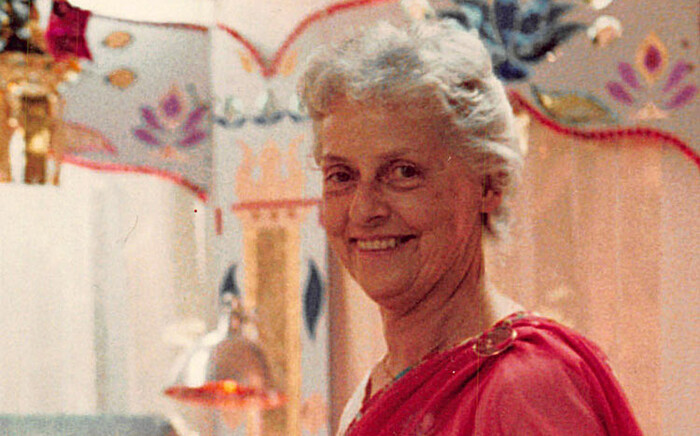
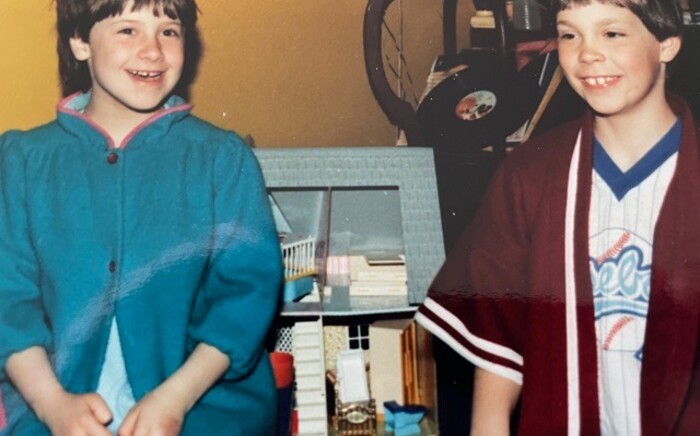
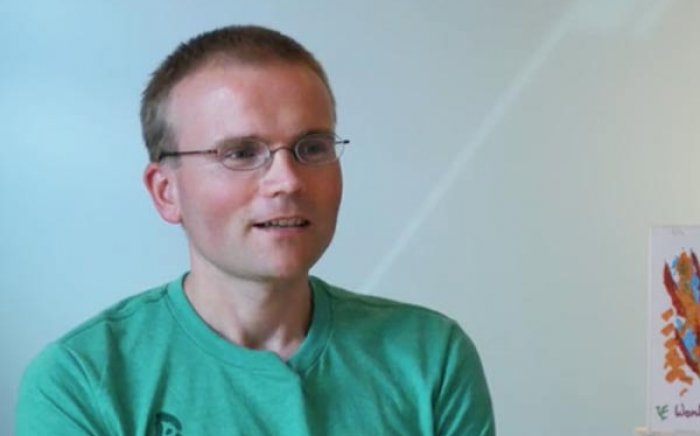
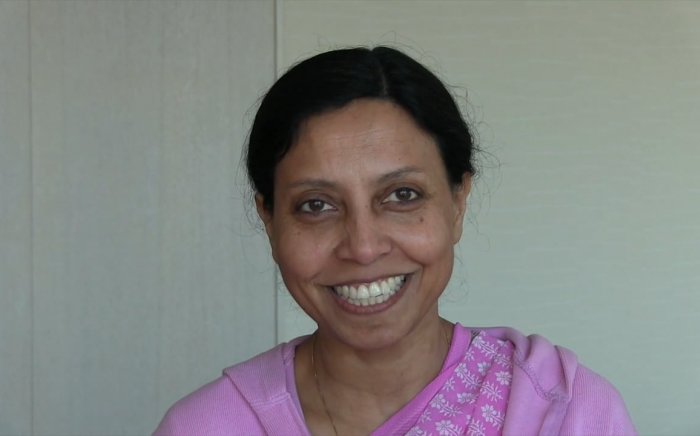
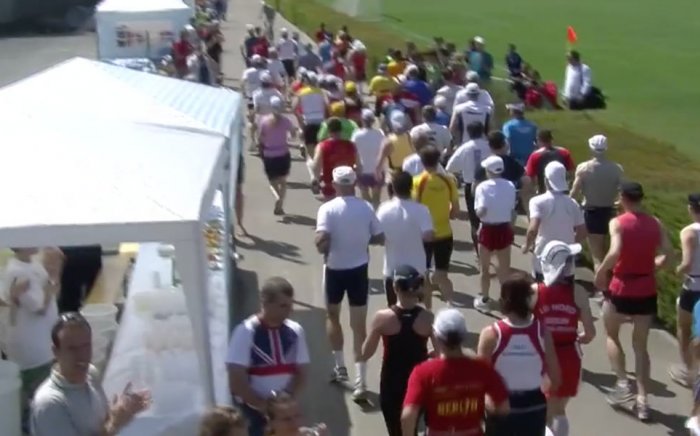

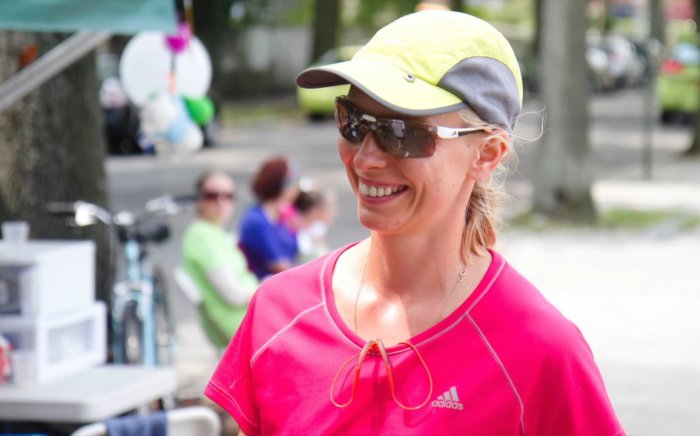

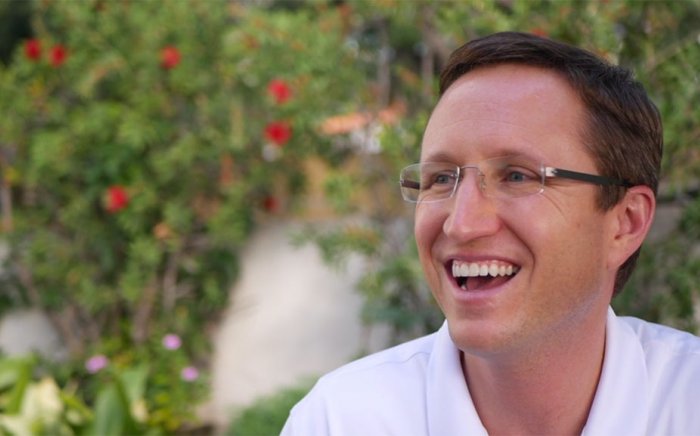

 The book was called A Story Like the Wind and its author was Sir Laurens van der Post. It was an adventure story of a young boy in the African bush. So far so unexceptional. What made it so influential for me was not the appeal of the story or the characters but the profound love and respect that I later came to recognise as features of all Sir Laurens’ writings.
Firstly a profound love and respect for the land of Africa itself, for nature in all its manifestations. Here was a man who not only honoured the beauty and power of the natural world but saw in it a deep level of meaning and significance for all.
Then one was struck by the love and respect he had for the indigenous peoples of the continent and their ancient understandings of life. What person who has read any of Sir Laurens’ books has not come away infected with his deep-seated love of the Bushmen people? In book after book he wove a magical picture of the ancient, natural wisdom of this most original of men. The characters of Xhabbbo and Nuin-Tara in A Story Like the Wind, and its sequel A Far Off Place, were my introduction to all that was magical and best about this despised race.
Other characters in the book - such as ‘Bamuthi, the wise Matabele herdsman, the great prophet uLangalibalela - became heroes in my own mind: people who represented all that was attuned to the currents of nature and tradition and the ways of the spirit.
The book was called A Story Like the Wind and its author was Sir Laurens van der Post. It was an adventure story of a young boy in the African bush. So far so unexceptional. What made it so influential for me was not the appeal of the story or the characters but the profound love and respect that I later came to recognise as features of all Sir Laurens’ writings.
Firstly a profound love and respect for the land of Africa itself, for nature in all its manifestations. Here was a man who not only honoured the beauty and power of the natural world but saw in it a deep level of meaning and significance for all.
Then one was struck by the love and respect he had for the indigenous peoples of the continent and their ancient understandings of life. What person who has read any of Sir Laurens’ books has not come away infected with his deep-seated love of the Bushmen people? In book after book he wove a magical picture of the ancient, natural wisdom of this most original of men. The characters of Xhabbbo and Nuin-Tara in A Story Like the Wind, and its sequel A Far Off Place, were my introduction to all that was magical and best about this despised race.
Other characters in the book - such as ‘Bamuthi, the wise Matabele herdsman, the great prophet uLangalibalela - became heroes in my own mind: people who represented all that was attuned to the currents of nature and tradition and the ways of the spirit.
 And ultimately the ways of the human spirit at its deepest and best was what all Sir Laurens’ books dealt with.
He was an author who pondered and saw meaning in the simple, the lowly, the humble things of the world. He saw a profoundly spiritual dimension to all aspects of life. He was a man who, as Shakespeare put it, Finds tongues in trees, books in the running brooks, sermons in stones and good in every thing.
Over the years I read everything he had written. Many of his books I have read many times over. Still I regularly pull a dog-eared paperback off the shelf and enter again the world of Sir Laurens van der Post.
The Seed and the Sower I have read the most often. After years I am still not sure what it is about, but I know it is a gateway to the heart.
And ultimately the ways of the human spirit at its deepest and best was what all Sir Laurens’ books dealt with.
He was an author who pondered and saw meaning in the simple, the lowly, the humble things of the world. He saw a profoundly spiritual dimension to all aspects of life. He was a man who, as Shakespeare put it, Finds tongues in trees, books in the running brooks, sermons in stones and good in every thing.
Over the years I read everything he had written. Many of his books I have read many times over. Still I regularly pull a dog-eared paperback off the shelf and enter again the world of Sir Laurens van der Post.
The Seed and the Sower I have read the most often. After years I am still not sure what it is about, but I know it is a gateway to the heart.
 (The book was filmed as Merry Christmas Mr Lawrence. To be fair, the film did bear some very slight resemblance to the book)
(The book was filmed as Merry Christmas Mr Lawrence. To be fair, the film did bear some very slight resemblance to the book)
